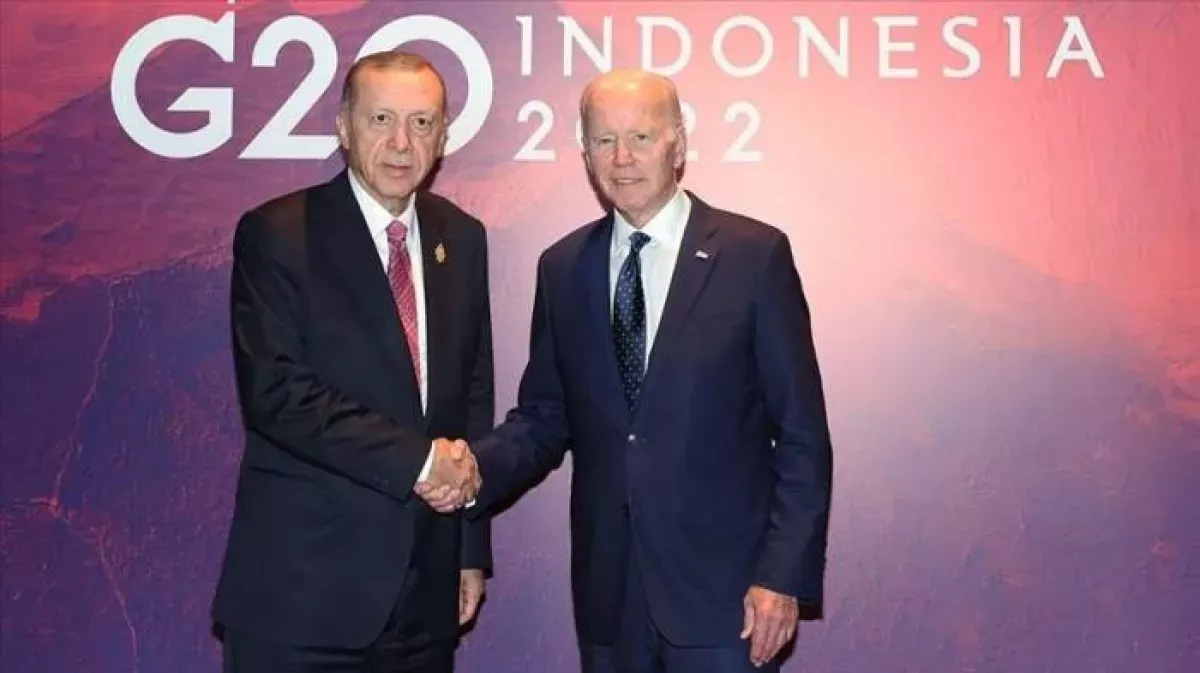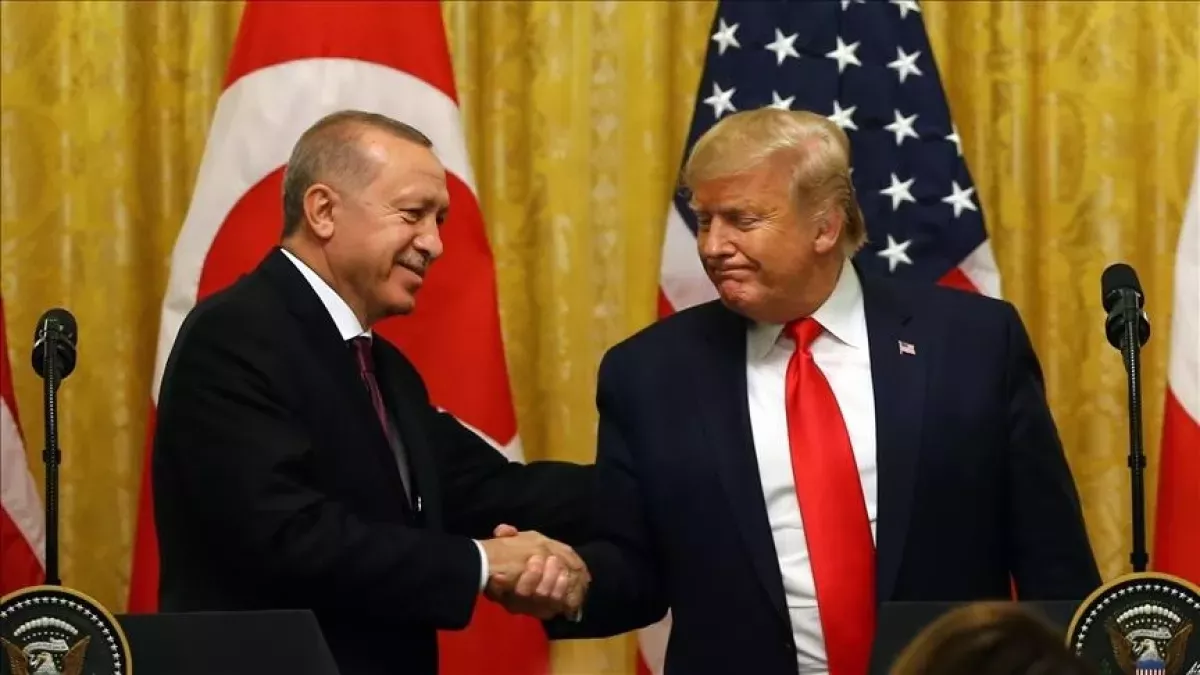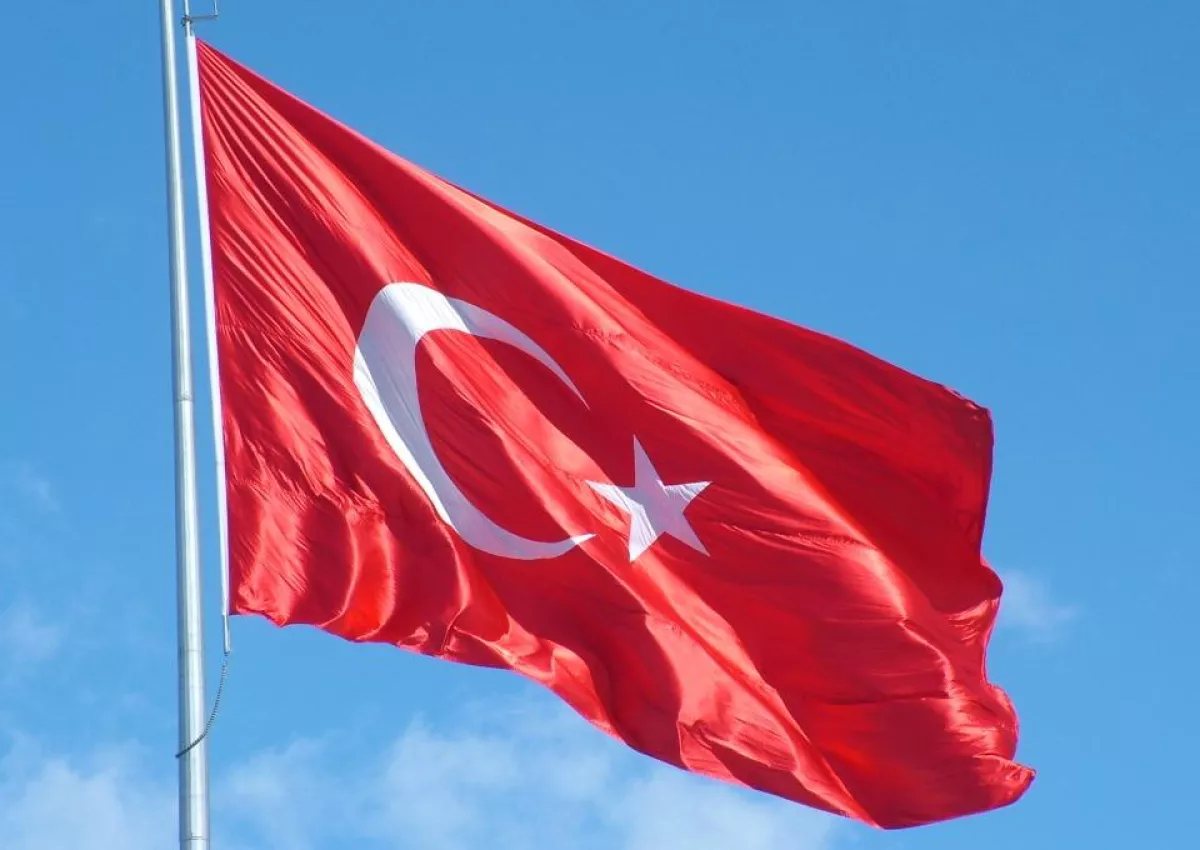Trump's victory sparks hope for US-Türkiye relations amid lingering challenges A Reset or a Replay?
Over the past four years, Joe Biden's administration has seemingly done everything possible to strain relations with Türkiye, a powerful regional state boasting NATO's second-largest army.
Even before his inauguration in 2019, Biden announced his intention to support a "democratic" replacement for Türkiye’s President Recep Tayyip Erdoğan and promised the Armenian National Committee of America to recognize the events of 1915 as "genocide."
This promise was fulfilled in January 2021, provoking outrage in Türkiye and Azerbaijan.
Biden's hostile stance towards Türkiye persisted in the following years. In 2021, Erdoğan was not invited to the Summit for Democracy. Throughout Biden's presidency, he never visited Ankara, nor did his Turkish counterpart visit Washington.
Türkiye's independent foreign policy doctrine, actively pursued in recent years, has particularly irritated the United States. In 2022, for example, Türkiye refused to join the sanctions regime against Russia. Turkish territory became a key corridor for goods and capital flows between Russia and the rest of the world.
The issue of Finland and Sweden’s NATO accession became the subject of new US-Turkish bargaining. In 2021, the US imposed a ban on supplying modern fighter jets to Türkiye after Erdoğan purchased Russian S-400 missile systems. In response, the Turkish leader announced that his country would not approve Sweden and Finland's NATO membership until the US authorized the sale of the latest F-16 fighter jets to Ankara.

Unsurprisingly, Donald Trump's victory in the November 2024 US presidential election was met with considerable relief in Türkiye, raising hopes of improved relations between the two nations. Following the election on November 6, 2024, President Erdoğan personally congratulated Trump, calling him a friend, expressing a desire to strengthen bilateral ties, and thanking him for maintaining channels for personal dialogue.
That said, it is worth noting that during Trump's first presidency, US-Turkish relations were not without friction. Between 2017 and 2021, Erdoğan visited Washington twice, and Trump essentially justified his decision to purchase Russian missile systems by pointing to errors made by the Obama administration.

However, Trump also ordered increased tariffs on Turkish aluminium and steel imports and became the first US president to impose five separate sanctions on Türkiye's government ministries and officials, including the Ministry of Defence, the Ministry of Justice, and Turkish Defence Industries.
Four years later, significant challenges remain in US-Turkish relations. For instance, Ankara is seeking membership in BRICS, an organization aiming to curtail US dominance in global trade by reducing reliance on the dollar in intergovernmental transactions. The US and Türkiye also diverge on the prospects for resolving the Palestine conflict.
Not all members of Trump's new administration are inclined towards constructive dialogue with Ankara. The incoming Director of National Intelligence, Tulsi Gabbard, has accused Türkiye of "supporting jihadists." Similarly, the future Secretary of State, Marco Rubio, has criticized Türkiye for alleged human rights abuses and restrictions on freedom of speech while backing Kurdish forces in northern Syria. Pete Hegseth, a candidate for Defence Secretary, is also seen as a potential opponent of Ankara.
President Erdoğan appears aware of the obstacles to improving US-Turkish relations. In a recent speech, he acknowledged that rapprochement depends not only on the leaders but also on their ministers. Turkish Cabinet representative Ömer Çelik noted that prior statements by US officials would not impact bilateral relations, stating: “We need to see the steps they take towards Türkiye. They want an end to the war. We hope for a fair solution. Trump is someone we know well. He has met with our president many times. We know what to do, and we hope the continuation of relations with the US will be based on dialogue.”
The Turkish government is now drafting a roadmap to enhance relations with the United States. Israeli experts point out that, despite the potential for constructive dialogue between Trump and Erdoğan, who share a conservative worldview, there remain substantial obstacles to closer ties. Trump's efforts to strengthen the US economy are seen as incompatible with Türkiye's involvement in the Shanghai Cooperation Organization and BRICS. Washington is also concerned about Türkiye's growing influence in Syria, where US troops are present, and existing tensions between Israel and Türkiye.

Meanwhile, Russian media highlight intense US-Turkish negotiations over delineating spheres of influence in Syria, with the Americans recognizing Türkiye's 'significant role and historical influence' in the region.
There is greater potential for US-Turkish cooperation in Eastern Europe, where Erdoğan has long sought to mediate between Russia and Ukraine. Now, Ankara could play a pivotal role in building bridges between Moscow and Washington. Observers agree that Donald Trump’s inauguration will mark a new chapter in US-Turkish relations, particularly given Türkiye's enhanced regional role and the myriad challenges facing the new occupant of the White House.








